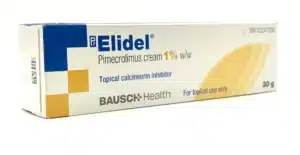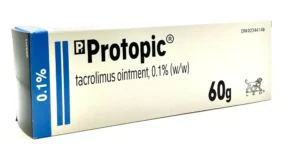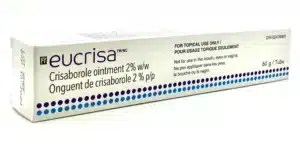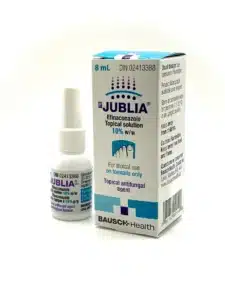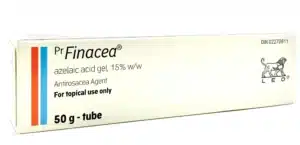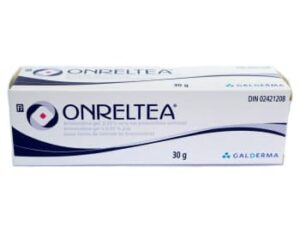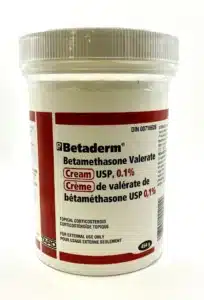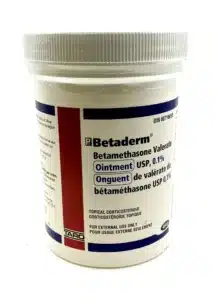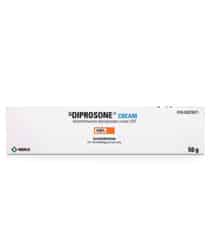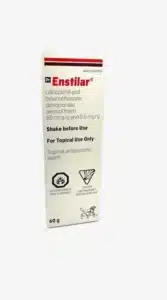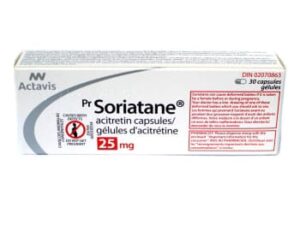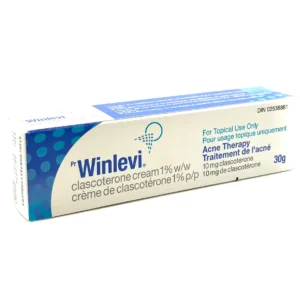Dermatology
Starting from $57.95
(454 grams)
Dermatology
Understanding Dermatology Medications
Taking care of our skin is vital, and dermatology medications play a crucial role in helping manage various skin conditions. These treatments come in many forms, from creams and ointments to foams and pills, each designed to address specific issues. Let’s explore some common skin conditions and the medications used to treat them.
Eczema
Eczema, also known as atopic dermatitis, is a condition that leaves the skin feeling dry, itchy, and inflamed. For many, the journey to find relief starts with topical treatments. Moisturizers, like Eucerin, Cetaphil, and CeraVe, are essential as they hydrate the skin and help maintain its natural barrier. When inflammation and itching become more severe, topical steroids such as hydrocortisone or clobetasol can offer relief. For those looking to avoid steroids, topical calcineurin inhibitors like tacrolimus (Protopic) and pimecrolimus (Elidel) can help manage flare-ups.
Psoriasis
Psoriasis is an autoimmune condition that causes red, scaly patches on the skin. It can be challenging to manage, but there are several effective treatments available. Topical corticosteroids, like betamethasone and clobetasol, are often used to reduce inflammation and scaling. Vitamin D analogues, such as calcipotriene (Dovonex), help slow down skin cell turnover, while topical retinoids like tazarotene (Tazorac) reduce plaque formation. Coal tar, found in shampoos, creams, and ointments, and salicylic acid, which helps remove scales, are also helpful options.
Nail Fungus
Nail fungus, or onychomycosis, can cause nails to become thickened and discolored. Treatment options include both topical and oral medications. Efinaconazole (Jublia) and tavaborole (Kerydin) are topical treatments applied directly to the nails. Oral antifungals, like terbinafine (Lamisil) and itraconazole (Sporanox), are generally more effective but come with a higher risk of side effects.
Acne
Acne is a common skin issue affecting people of all ages. Treatments aim to reduce oil production, speed up skin cell turnover, fight bacterial infection, and reduce inflammation. Topical retinoids, such as tretinoin (Retin-A) and adapalene (Differin), help prevent clogged pores. Topical antibiotics like clindamycin and erythromycin, along with benzoyl peroxide, which is available over-the-counter, are effective in reducing bacteria and inflammation. For more severe cases, oral antibiotics like doxycycline and minocycline are prescribed. Hormonal treatments, including birth control pills and spironolactone, can help reduce acne in women by addressing hormonal imbalances.
Rosacea
Rosacea is a chronic condition that causes redness and visible blood vessels on the face. To manage its symptoms, topical antibiotics like metronidazole (MetroGel) are commonly used to reduce inflammation. Azelaic acid is another topical treatment that helps diminish redness and swelling. For more persistent cases, oral antibiotics such as doxycycline and minocycline can be effective due to their anti-inflammatory properties.
Fungal Infections
Fungal infections like ringworm, athlete’s foot, and jock itch are common but treatable with antifungal creams and ointments. Topical azoles, such as clotrimazole (Lotrimin) and miconazole (Micatin), are effective against a range of fungi. Allylamines like terbinafine (Lamisil) are also a reliable option.
In summary, dermatology medications are tailored to treat a variety of skin conditions, providing much-needed relief and improving quality of life. Whether dealing with eczema, psoriasis, nail fungus, acne, rosacea, or fungal infections, there are effective treatments available. It’s always best to consult a healthcare provider to determine the most suitable treatment for your specific skin condition.
Buying dermatological medication from Canada can be a cost-effective and reliable option. Canadian pharmacies are known for their stringent regulations, ensuring high-quality and safe medications. Patients can find a wide range of treatments for conditions such as eczema, psoriasis, acne, and fungal infections. Additionally, many Canadian pharmacies offer convenient online services, allowing easy access to necessary medications with competitive pricing. Always ensure the pharmacy is licensed and requires a valid prescription from a healthcare provider. This approach can provide significant savings while maintaining the quality and safety of your dermatological treatments.
